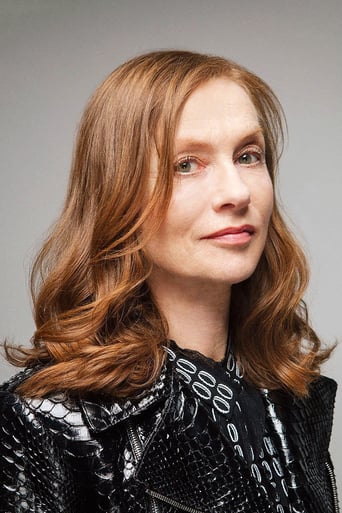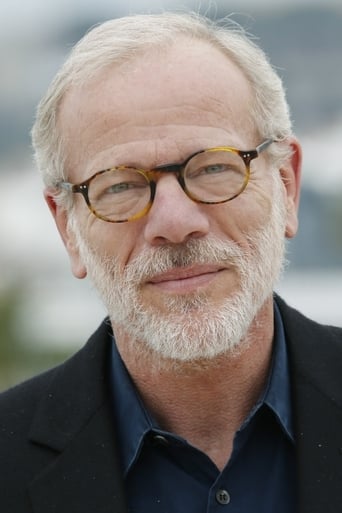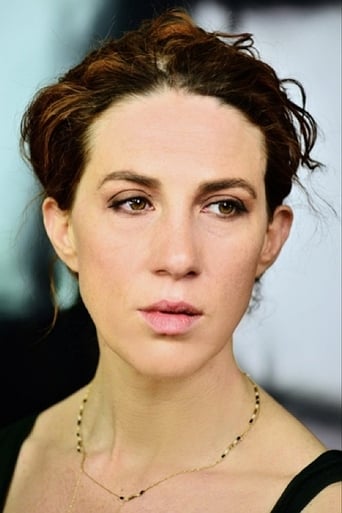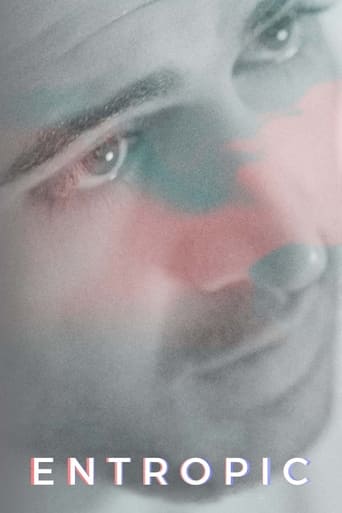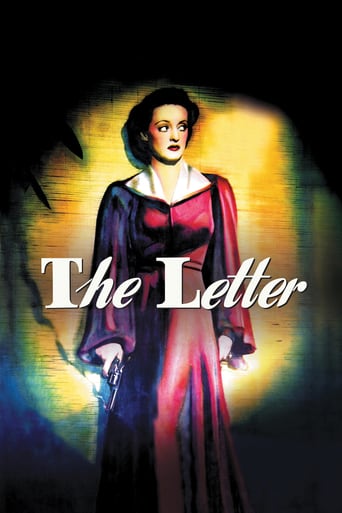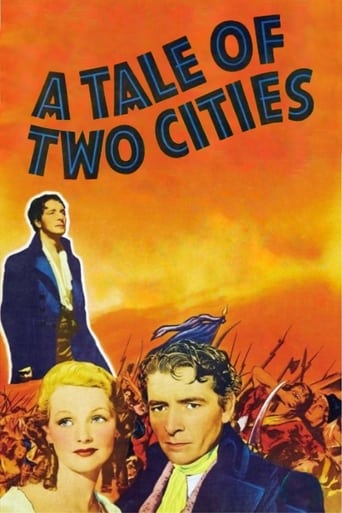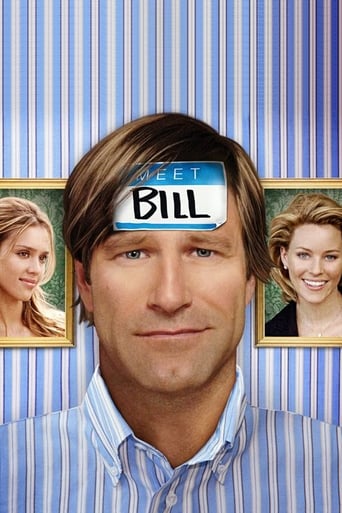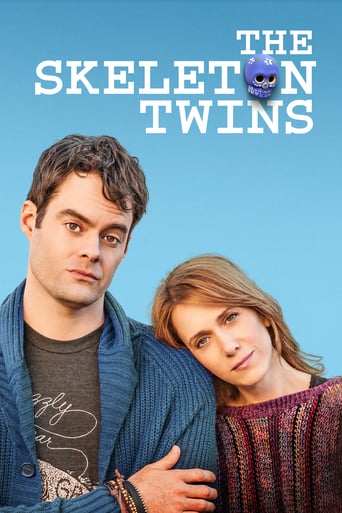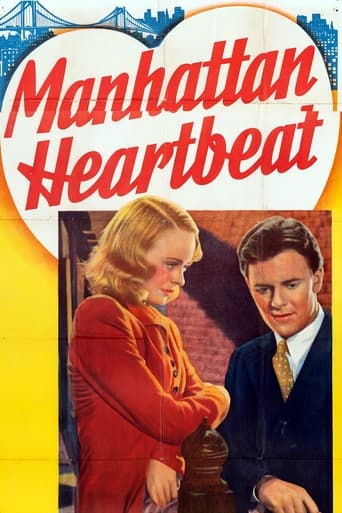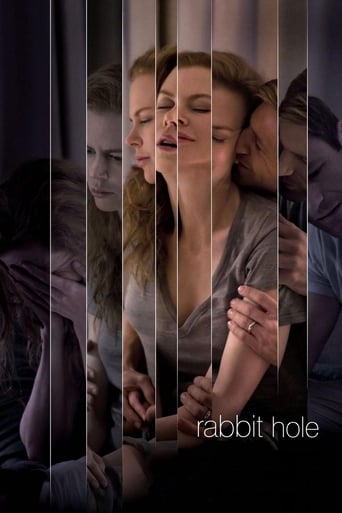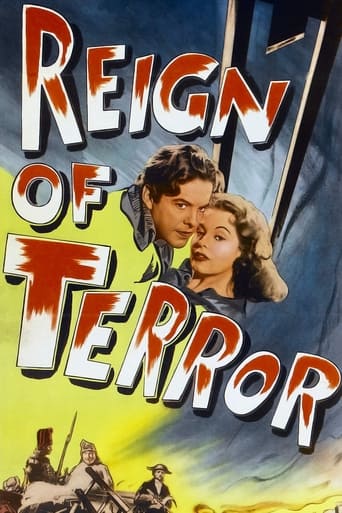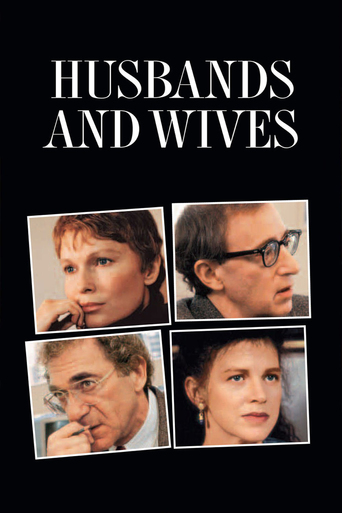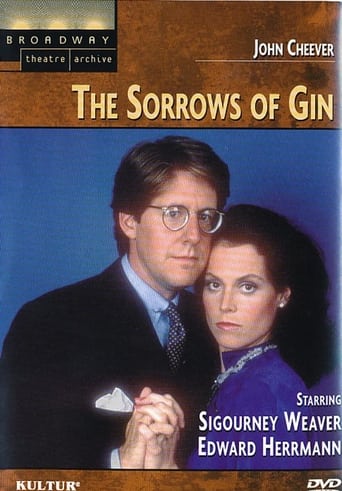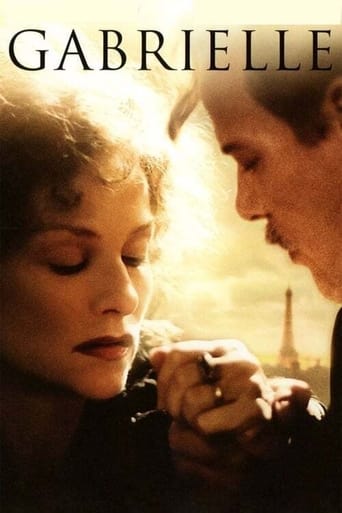
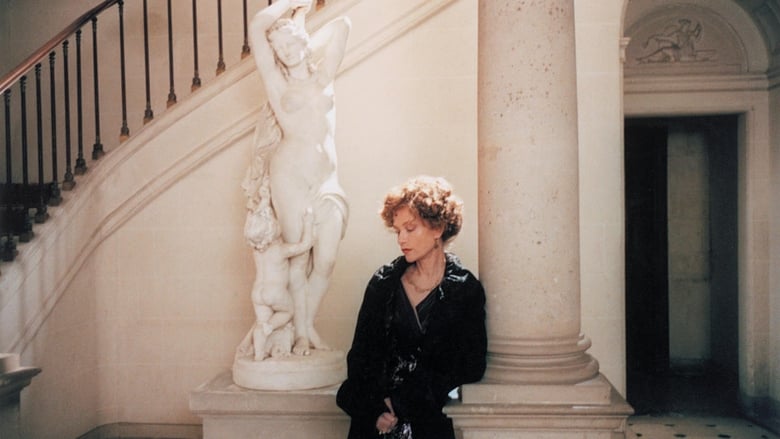
Gabrielle (2005)
Wealthy but arrogant writer Jean Hervey comes home one day to find that his wife, Gabrielle, has left him for another man. Realizing her mistake, Gabrielle returns, and the pair begin a merciless analysis of their marriage as the relationship comes undone.
Watch Trailer
Cast


Similar titles
Reviews
This movie shows us the painful scenes of a loveless marriage of ten years finally coming apart. The husband and wife are played by Isabelle Huppert and Pascal Greggory, two of the best and ideally cast. But ten minutes into the movie the unsure dialog, really awful music track and the obvious manipulation by the director take over and spoil everything. The pace is jerky, too many abrupt changes of mood...nothing resonates. There are surreal scenes....guests fill the room, a lady sings a modern classical song...the couple continue their pathological exploration of what went wrong in loud voice...the guests and vocalist ignore them. All of this reeks of it's derivation from Ingmar Bergman, but Bergman did it so much better. Stick with Scenes From a Marriage and Saraband if you want to see how as failed marriage should be screened.
Patrice Chéreau is one of the giants of entertainment, whether in his direction of operas (his Wagner RING remains a gold standard), plays, or his films. He is a thoroughgoing artist, one who combines great intellect with a keen ear for music, camera movement, atmosphere, the spoken and unspoken word, and for accompanying some of the finest actors at work today in their realization of his visions.GABRIELLE is a case in point and for this viewer this is simply one of the strongest films to come out of France - a country much celebrated for its cinematic genius - in many years. Inspired by Joseph Conrad's short story 'The Return' and adapted as a screenplay by Anne-Louise Trividic and Chéreau, the story is a brief history of a married couple whose ten-year marriage alters in one afternoon and evening - the time span of the film.Jean Hervey (Pascal Greggory) is a handsome man of wealth who 'acquired' a wife Gabrielle (Isabelle Huppert) ten years ago. They live in a mausoleum of magnificent art and base their existence on the glamorous parties attended by the artists and patrons of the arts in turn of the century Paris. Jean's 'acquisition' of Gabrielle included the understanding that they would have no intimacy: they do sleep in the same bedroom but in separate beds. Their marriage seems perfect - but it is hollow. Rather abruptly Gabrielle leaves a note on the dresser addressed to Jean, a note that states she has left him for a man: her need for sexual gratification has risen to the breaking point. Jean is devastated, but as he nurses his broken glass-injured hand Gabrielle returns: she could not go through with ending the marriage of convenience. The two have extended verbal exchanges and physical abuse but it is only to the servants that Gabrielle shares her true feelings. She decides to structure her marriage to Jean by submitting to him sexually, a status that is novel to their marriage, and it is this role reversal of the masculine/feminine state that sends Jean panicked into the night.Chéreau uses many techniques to render this story about intimacy (or the lack thereof) that strongly support the power of the film: sections are in black and white representing the way things appear and are structured to the planned observation; Raina Kabaivanska plays and sings at a soirée (she is an actual opera star); Jean's staff of servants is only women instead of the usual mix of men and women; the musical score by the brilliant Italian contemporary composer Fabio Vacchi is used as a 'character' instead of background support; and the camera work by cinematographer Eric Gautier uses a full cinemascope camera set up to add weight to the project.But none of these subtleties would have worked so perfectly without the brilliance of acting of Isabelle Huppert and Pascal Greggory. They find the core of these strange characters and allow us to understand the rather warped psyches of the pair. It is a feat of genius. As an added DVD feature there is an extended conversation with Chéreau, Huppert and Greggory about the film from the initial idea to the finished product and hearing these three brilliant artists share their insights is for once extremely additive to the film. This rather dark and brooding film may be a bit too static for some, but for lovers of cinematic art it is a complete triumph to experience. Grady Harp
Gabrielle has fine actors, beautiful camera work and features a detailed look at upper crust French parlor society in the early 1900s. It is also one of the more boring and stifling pictures we've seen in a long time. Huppert is a great actress but she is wasted here. If the director was going to do a Conrad adaptation, the original story needed to be better converted for cinema because it just didn't work. There was incessant, drone-on talking which went nowhere. There was little or no character development. Overall the 90 minute movie felt like three and a half hours, for no payoff. The ending was just truncated and very unsatisfying.
French language period set chick flick that was so banally turgid and pretentious that I wanted to scratch thine own eyes out in those brief lucid periods I was awake. One thing I did share with what I expect the females in the audience were experiencing was the shedding of tears, the stark difference being that mine were tears of blood. If it had been a play I would have rushed out, brought a gun, then rushed back to shoot the actors on stage for in my opinion they deserve nothing but death. Put briefly, in turn of the century Paris a rather arrogant man rather abruptly finds out that his wife of 10 years desires to leave him for another man. Much talking is done. Then much more talking is done. This is followed by lengthy periods of talking. More talking. Then wrapped up with, surprisingly, talking. But it's all done in an almost monologue method , briefly interspersed with large titles on screen which I expect the makers of the movie thought to be profound yet I found completely ridiculous (the film ends with the words "AND HE NEVER RETURNED!". I thought it rude of me to puke on the floor of so gorgeous a theatre (the State in Sydney, such a beautiful and elaborate place) so I resisted with all my might). I left the cinema with a headache. Not in any way due to the complexity and depth of the story I'd just seen, but because I just wasted what I now consider to be the most valuable 90 minutes of my life ever. Even now I want to cry.I see a great number of art-house films, so I'm not a pop culture heathen and I own many great titles in my own private DVD collection that I watch and treasure. I have nothing against glacial pacing, indeed for many wonderful films it is often delicious to slowly savour the unfolding occurrences (In My Fathers Den, Lantana, Insomnia, Mar Adentro etc) and my own favorites are indie films like Requiem For A Dream and Mysterious Skin (tho honestly a film one need watch only once due to its power and disturbing subject matter). But in this instance I would never have thought a "French language art-house drama" would be the type of film that in my opinion, gives the Adam Sandler film The Waterboy a run for it's money.Complete dross.


